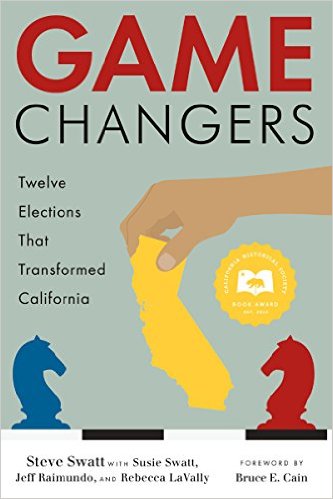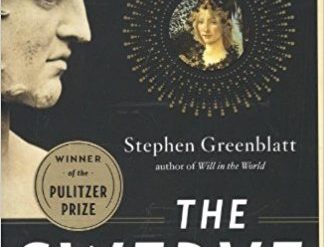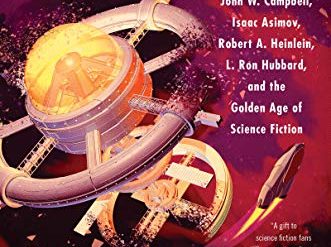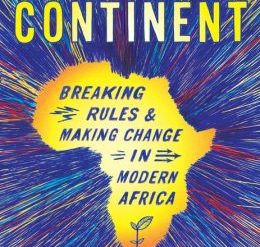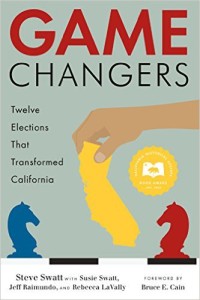
The usual argument to persuade reluctant or lazy people to go to the polls is that sometimes elections turn on a single vote. Though this has indeed happened on occasion, such situations are exceedingly rare. In any case, the knee-jerk response to that argument is much more likely to be that elections don’t matter — that nothing ever changes. So it should be far more effective to argue that elections sometimes have enormous, long-term consequences for our lives. This is the theme of Game Changers, a compendium of thirteen articles about the most consequential elections in California history.
Elections that mattered
California has been a state since 1850. In the 165 years that have transpired since then, Californians have witnessed a virtually uncountable number of elections. In writing Game Changers, political analyst Steve Swatt and three collaborators selected just one dozen large-scale election contests as the “Twelve Elections That Transformed California.”
Game Changers: Twelve Elections That Transformed California by Steve Swatt, with Susie Swatt, Jeff Raimundo, and Rebecca LaVally (2015) 357 pages ★★★★☆
Spanning the years from 1861 to 1990, Game Changers encompasses five gubernatorial elections: those that elevated Leland Stanford, Hiram Johnson, Earl Warren, and Pat Brown to the Governor’s Mansion, and “California’s dirtiest election” in 1934 when Upton Sinclair’s radical movement was destroyed. Four initiative campaigns made the grade as well: those that brought us a full-time legislature (1966), campaign finance reform (1974), tax-slashing Proposition 13 (1978), and term limits (1990). The book also includes the ratification in 1879 of the state’s new constitution, the approval in Los Angeles of the first big bond that financed the aqueduct from Owens Valley, and what seems a strangely contrived account of the 1980 legislative elections when targeted voter persuasion mail was first used statewide.
Elections that mattered less?
Conspicuously missing from this history of game-changing elections were those that gave us Governors Ronald Reagan, Jerry Brown, and Arnold Schwarzenegger. Swatt argues that none of these men has proved to be as consequential in California history as Stanford, Johnson, Warren, or Pat Brown. He’s probably right, though it’s certainly premature to render judgment before Jerry Brown’s fourth term has ended — and historians have a distinct tendency to rethink their conclusions as the years go by.
A thirteenth chapter includes five elections that were clearly important in hindsight even if the authors didn’t believe that they rose to the level of the twelve discussed at greater length earlier in the book. These include Proposition 187 in 1994, when voters denied public education and health and welfare services to undocumented immigrants; the 1998 statewide elections for Governor and on an Indian gaming initiative that both brought record-setting amounts of money into play; the 2003 recall of Governor Gray Davis; and the adoption of “open primaries” in 2010. Time will tell whether one or more of these elections proves to be “game-changing” in the long run. Certainly, there are people today who would already see them that way: undocumented immigrants, Native Americans, Gray Davis, and the liberal Democrats who proved unable to appeal to the Republicans who voted in the state’s new open primaries.
What does it all mean?
As Bruce Cain notes in the Foreword, “it is sobering to realize how many scoundrels and sociopaths have played a significant role in California’s political history.” Perhaps that is the biggest lesson to take away from reading Game Changers. To paraphrase Winston Churchill, who famously said (repeating the comment of some unnamed predecessor), democracy is the worst form of government except for all the rest.
Game Changers also makes clear that democracy in California has never truly produced government of the people, for the people, and by the people. Swatt writes that “despite its diversity, California’s political history following Spanish-Mexican rule is largely the result of the decision making of white males.” However, it would be a mistake not to see that that picture is changing. Witness the fact that Jewish women hold the state’s two seats in the U.S. Senate, the Latino caucuses in the state legislature and the U.S. Congress have grown rapidly, and recent (and current) election campaigns have witnessed the high-profile candidacies of Meg Whitman, Carly Fiorina, and Kamala Harris.
Surely, too, it’s difficult to read Game Changers without concluding that the results of previous reform efforts have been mixed, at best. The 1879 Constitution ushered in decades of dominance of the state’s government by the Southern Pacific Railroad. Hiram Johnson’s progressive reforms in 1911 have brought us a torrent of initiatives that, on balance, are of dubious worth. Proposition 13 in 1978 has tied the hands of local government, shifted a large measure of control of the schools from local school boards to state government, and virtually eliminated state support of our world-leading system of higher education. Term limits have undermined the professionalism of state legislators and their staff and shifted power from elected officials to lobbyists. It’s not a pretty picture.
About the authors
Bruce Cain‘s foreword describes the authors of Game Changers as “a team of former Sacramento political reporters, legislative staffers, and campaign consultants.” Cain himself, a political scientist now at Stanford, was on the faculty of the University of California, Berkeley, from 1989 to 2012.
The principal author is Steve Swatt, whom the publisher’s website describes as follows: “Steve Swatt is a veteran political analyst and public affairs executive. He is a former award-winning political reporter with twenty-five years of journalism experience with The San Francisco Examiner, United Press International in Los Angeles, and KCRA-TV (NBC) in Sacramento. He received his bachelor’s and master’s degrees in journalism from the University of California, Berkeley.”
Susie Swatt, Jeff Raimundo, and Rebecca LaVally also contributed to the book. Together they bring decades of experience as political reporters, legislative staff members, campaign managers, and lobbyists in Sacramento.
For more great reading
Consider checking out my earlier post, Top 10 nonfiction books about politics, of which this book is one.
This is one of the many Good books by Berkeley authors.
You may enjoy browsing through 20 top nonfiction books about history. If you enjoy reading history in fictional form, check out 20 most enlightening historical novels.
For more good books on the history of the US, see Top 20 popular books for understanding American history.
And you can always find my most popular reviews, and the most recent ones, on the Home Page.

